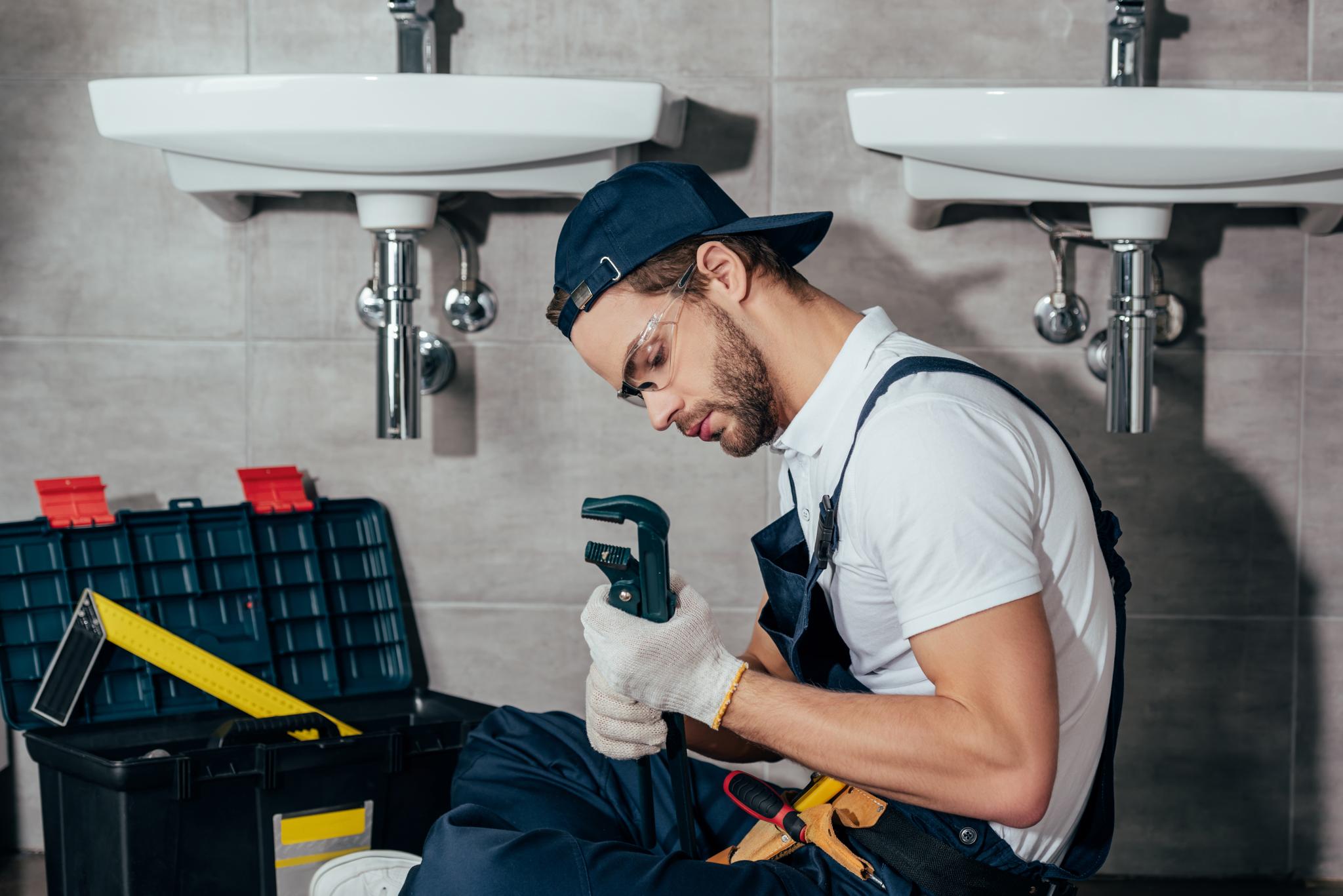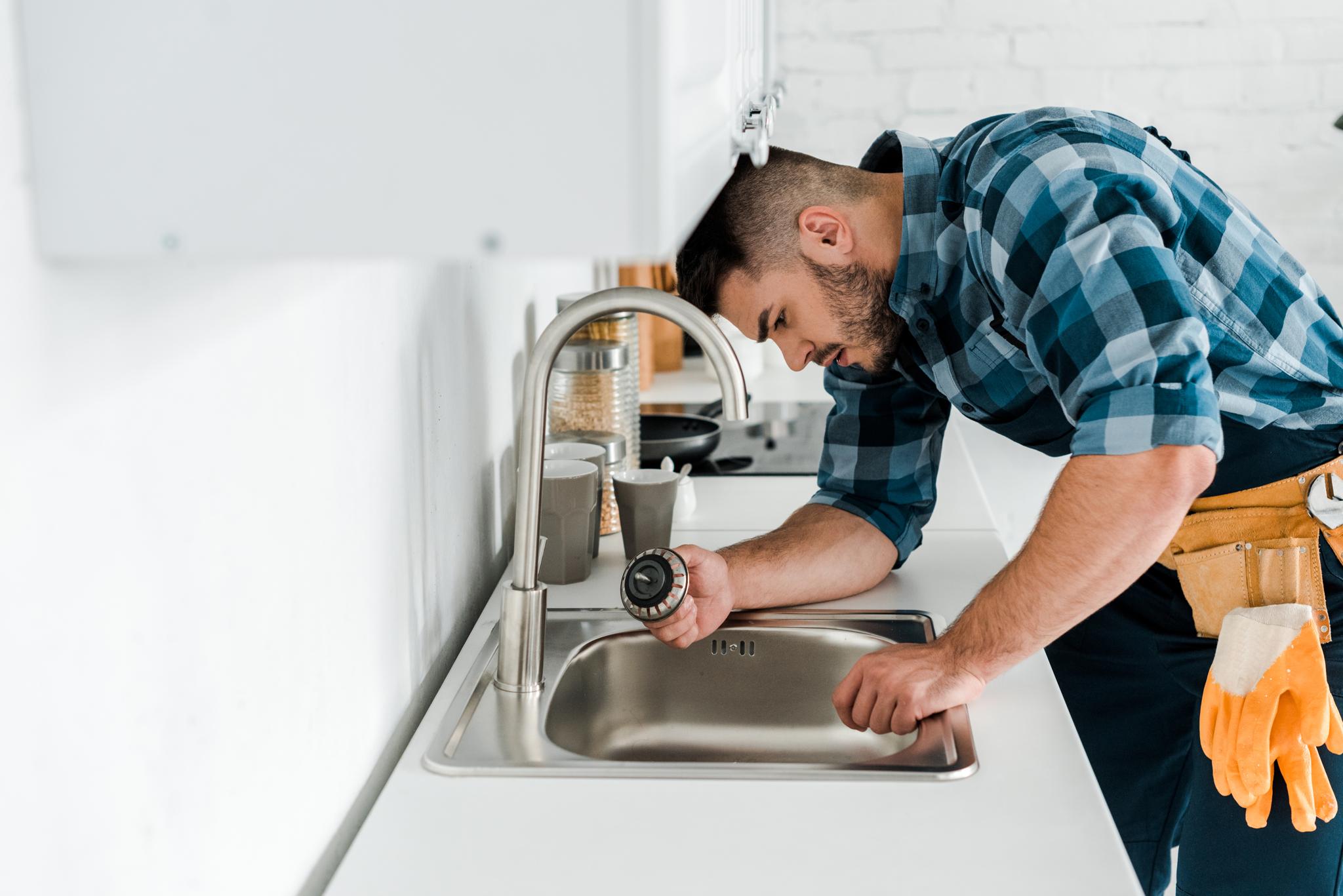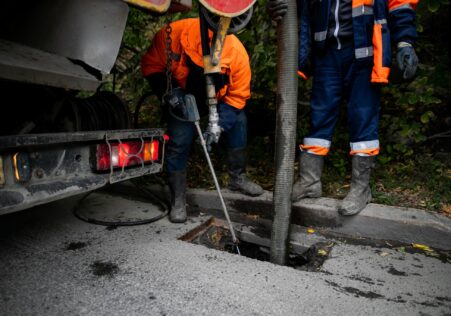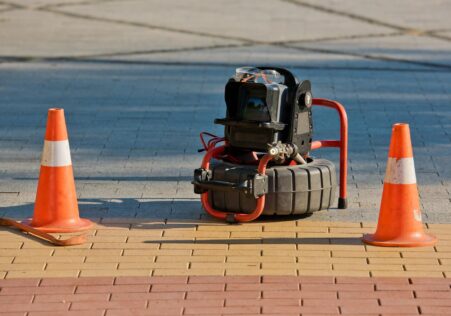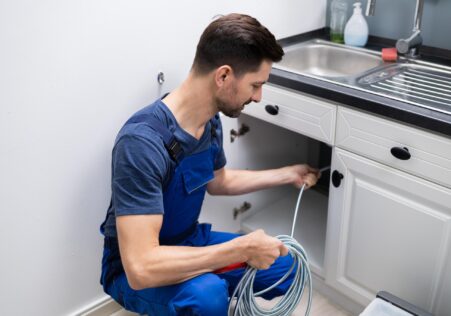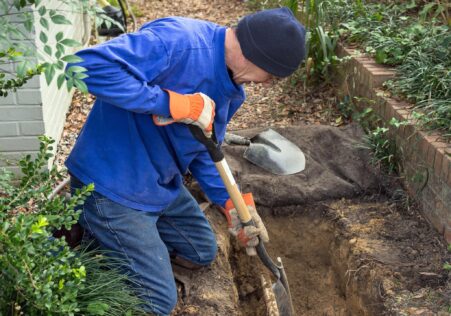7 Household Items That Should Never Be Flushed Down the Toilet
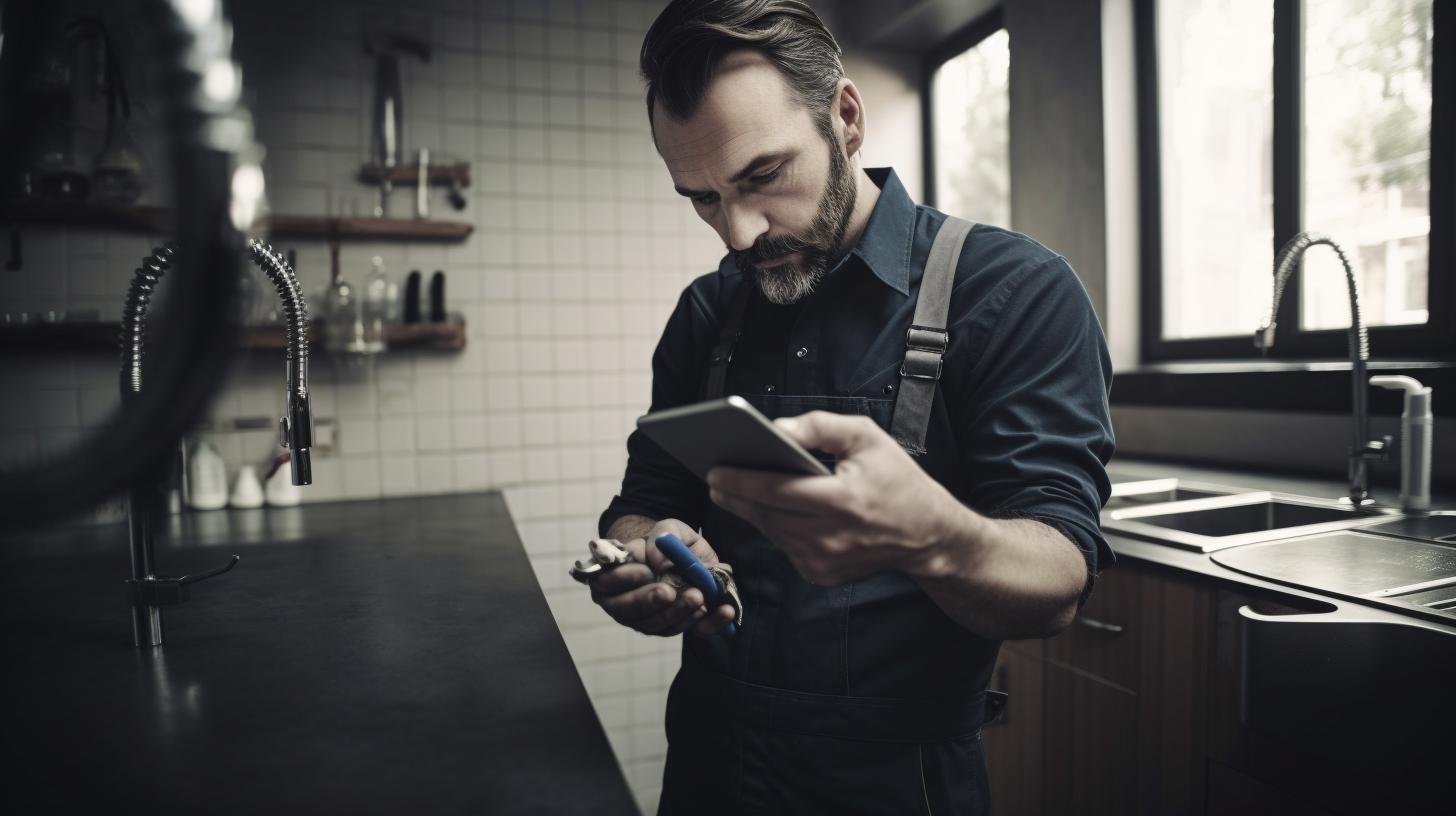
The toilet is a standard fixture in our homes that we regularly use. It’s easy to take its utility for granted, but it’s vital to remember that it’s no garbage can. There are some things that should not go down the toilet as they can cause blockage within the drainage system or damage for sewer drains.
Key Takeaways
- Don’t flush certain items down the toilet as they could cause blockages in the drain or damages to the pipes.
- Seven household items that you shouldn’t to flush down the toilet are:
- Baby wipes
- Condoms
- Cooking grease and oil
- Products for feminine hygiene (tampons and sanitary pads)
- Medicines
- Dental floss
- Paper towels
- Flushing any of these items will ultimately lead to blocked drains or damaged sewer pipelines in your home’s plumbing system which comes at an expense that is unimaginable to you.
- Sydney Blocked Drains Plumbers offers unblocking blocked drains and drain clearing services CCTV drain inspection and pipe relining.
These are the seven items in your home that you shouldn’t flush down the toilet.
1. Baby wipes
Baby wipes can be convenient, but they do not dissolve like toilet paper. They can also clog pipes. Dispose of them in the trash instead.
2. Condoms
The flushing of condoms in the toilet can result in blockages of both your home’s plumbing and the wastewater treatment plant.
3. Food preparation grease and oil
Grease and oil must be disposed of in a container, and then disposed of in the garbage bin, as they’ll harden, causing obstructions in your drains or pipes.
4. Feminine hygiene products
Tampons and sanitary pads are frequently marketed as "flushable, " but flushing them could cause problems later when they combine with other items to create a nasty blockage.
5. Medications
Medicines should not be flushed through the toilet, as they can contaminate our water sources.
6. Dental floss
Dental floss is designed to be sturdy that means it will not break apart when wet, which can lead to the possibility of blockages to your pipes.
7. Paper towels
As opposed to toilet paper the paper towels have a more dense weave that helps them to break down quickly when they are wet. This means that they will not easily cause blockages.
In the end, flushing any of these items will ultimately lead to blocked drains or damaged sewer pipelines within the plumbing system of your home, that will result in a significant price to the homeowner. Be aware of the things you put down the drain.
| Item | Reason for not Flushing |
|---|---|
| Baby wipes | Do not break down like toilet paper and can clog your plumbing system. Dispose of them in the trash instead. |
| Condoms | Leads to blockages both at home’s plumbing and treatment plants. |
| Cooking grease and oil | Will harden and cause blockages in your drains or pipes. |
| Feminine hygiene products | Combining with other items creates a nasty clog despite being marketed as "flushable". |
| Medications | Can contaminate our water sources. |
| Dental floss | Designed to be strong, leading to potential blockages in pipes. |
| Paper towels | Less likely to deteriorate quickly once wet, easily causing blockages unlike with toilet paper. |
Frequently Asked Question
Does flushing feminine hygiene products really damage my pipes?
Yes. Products for feminine hygiene do not dissolve in water and could cause blockages in the sewer or your pipes.
Are flushable wipes actually flushable?
Yes, many "flushable" wipes don’t really break down and may cause clogs in your pipes.
Can I use baby wipes to flush them down the toilet?
No. Baby wipes should not be flushed into the toilet since they won’t dissolve easily and can cause blockages.
Are paper towels suitable to flush?
No. Paper towels are more dense than toilet paper, and they don’t break down with the same ease, resulting in the possibility of clogging in the plumbing system.
What about medications? Can I flush them down the toilet?
No. The toxins in medicines can affect our waterways, so it’s essential to dispose of them correctly by taking your medications to the designated drop-off point.
If you’re faced with a blocked drain do not be afraid to contact our professional plumbing services via Sydney Blocked Drains Plumbers . We provide unblocking blocked drains and drain clearing CCTV drain inspection and pipe relining services to make sure your home remains free from issues with drainage. Call us today to schedule an appointment.
Additional Information
- When to Call a Professional for Blocked Drains: A Guide
- Reasons Why CCTV Drain Inspection is a Must Before Purchasing a Property
- The Science of Unblock: Unveil How Blocked Drain Jetting Works
- Begin with Clean Plumbing for a Spotless Home: Top Tips for Maintaining Your Plumbing
- Unclog Your Drains: Speedy Tricks to Try Out Right Now
- When to Schedule a Professional Drain Cleaning Service
- Clean Your Clogged Shower Drain the Green Way without Chemicals
- Say Goodbye to Frequent Clogging: Reasons to Invest in Pipe Relining Services
- Why Condo Complexes are Switching to Trenchless Pipe Relining Methods
- Keeping Costly Drain Repairs at Bay with Routine Inspections


